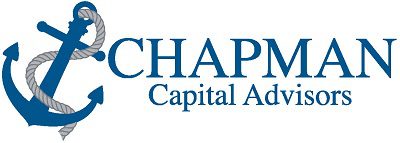Relationships Matter
I have been in the money management business for over 26 years now. I have cultivated many relationships with clients over that timeframe and learned a great deal from those relationships. Relationships are one of my favorite parts of my job. These are trust relationships, my clients are trusting me to help them make the correct investment decisions and guide them through the good times and bad. We have had many more good times over this period than bad when it comes to investing.
Most of the bad times have to do with health and family. I recently met with one of my first clients and it was a nice stroll down memory lane. We have been through a great deal together. Faye (all names have been changed for privacy) has become more than just a client. I truly think of her as part of my extended family. Her husband walked into my office 25 years ago and became a client. He handled all their financial decisions until he passed away in 2006. She has been on her own ever since. Faye has been a great advocate for me over the years, referring both of her sisters and many of her close friends as clients. Her older sister, Dorothy, passed away a couple of years ago. I visited with Dorothy the day before she died. It was heart breaking to see her in that state. She had also become part of my extended family. Faye and Dorothy were very close, so when I was visiting Faye the other day it brought back some good memories of Dorothy. Faye is gone too soon, which was one of the purposes of my visit.
Faye wanted to make sure all her beneficiaries were setup the way she wished. There have been some back-and-forth on this, because her only true heir is her sister Charlene. Charlene is a client as well and has the same concerns. The concerns stem from the fact that the only true heirs after they each pass are nieces and nephews who spend all their money once they get it. I understand the concerns because I have witnessed it before. We cannot take our money with us, but we should make the correct decisions on beneficiaries before we die.
One way to protect loved ones from blowing the inheritance you leave is through a trust. Within a trust document you can utilize spendthrift clauses to limit the spending of your heirs. Part of being a Financial Advisor is being able to recognize when certain documents may need to be created to protect assets. Investing is just a small part of my role as Financial Advisor. At Chapman Capital Advisors, we take a wholistic view of our client’s financial situations. We work directly with your accountant and trust attorney to ensure you are not only ready to live, but also prepared when you eventually die. The only two things certain in life is death and taxes. Both of which sound horrible to me.





